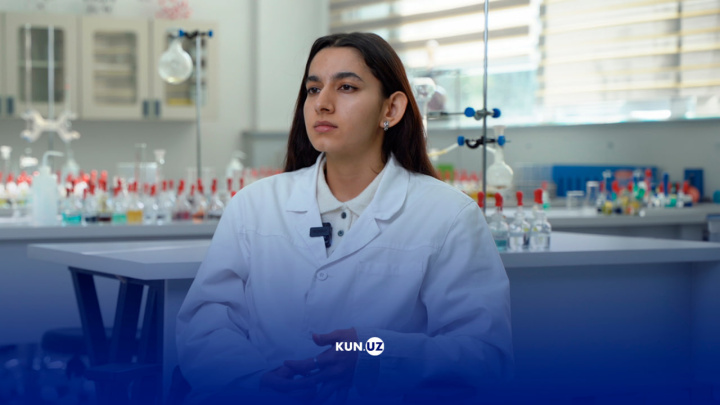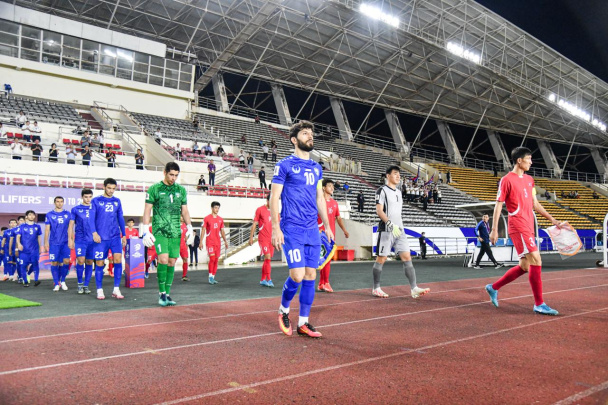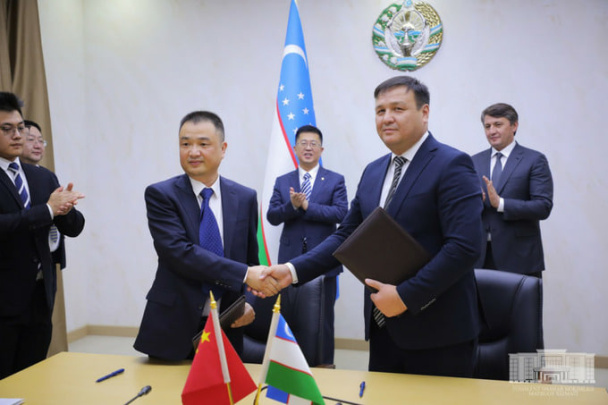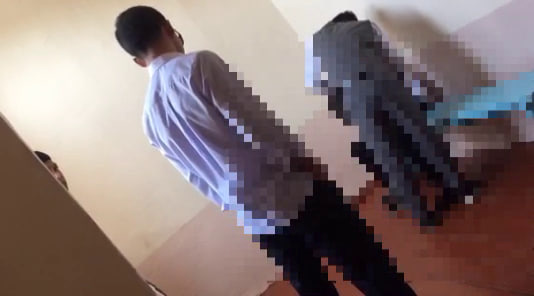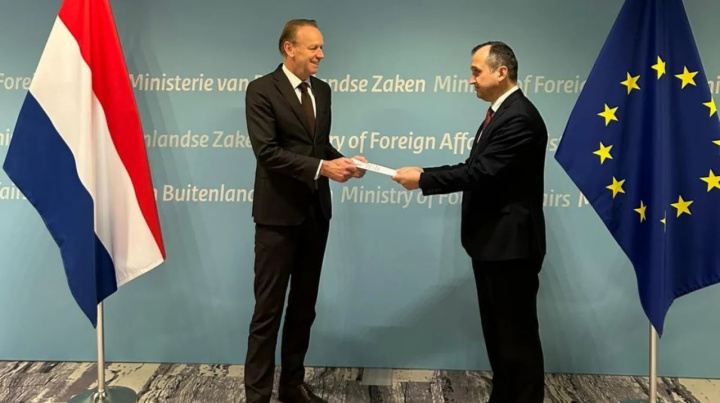“Studying chemistry was my parents’ wish”
"I come from a modest family — my father is a farmer, and my mother is a laboratory technician. Yet, my parents ensured that all three of us siblings pursued higher education. My older brothers, Behzod and Bobur Boltaev, had already excelled in chemistry Olympiads, earning gold, silver, and bronze medals at the International Chemistry Olympiad and the Mendeleev Olympiad between 2013 and 2015.
When I completed ninth grade, my brothers invited me to join their chemistry preparation center, which they had established during their university years. Initially, I had no interest in chemistry, but my parents encouraged me to give it a try, seeing it as a family tradition. Reluctantly, I started studying chemistry."
“Inexperience led to my low score at first”
"During my first year at the academic lyceum, I began preparing for Olympiads. By the second year, I earned a spot on Uzbekistan’s national team. At my first Mendeleev Olympiad, I won a bronze medal, but my performance was far from what I had hoped. In the laboratory section, for example, I scored only 22 out of 75 points due to poor time management and lack of preparation.
Despite my disappointment, my family’s encouragement pushed me forward. In 2019, at the International Chemistry Olympiad in Paris, I focused on improving my laboratory skills and earned a silver medal."
“Teaching prevented me from stagnating”
"I’ve been teaching since 2021. Being young has helped me connect with my students, especially those who are motivated and goal-oriented. We select promising students at school and prepare them specifically for the Olympiads using our custom-designed curriculum.
Teaching has been a lifeline for me. It forces me to read, research, and continuously improve. Without it, I might have fallen behind my peers who are advancing in their fields. Preparing students for Olympiads requires teamwork — I collaborate with colleagues who handle materials, laboratory sessions, problem-solving techniques, and theory. It's impossible for one teacher to manage everything alone, especially when preparing over 20 students annually."
“My students led the national team”
"The International Chemistry Olympiad is the most prestigious competition of its kind, featuring participants from over 90 countries. This year, three out of four members of Uzbekistan’s national team were my students, and they won gold, silver, and bronze medals.
Although the competition offers no monetary prizes, the recognition opens doors for students, including scholarships at prestigious universities and job opportunities with major employers."
“Rewards fuel motivation for excellence”
"Uzbekistan introduced financial incentives for Olympiad winners in 2019, which has been a game-changer. When I won a silver medal in the 2019 International Chemistry Olympiad, I received 66.9 million UZS. That reward motivated me to work harder.
As a teacher, I have received monetary awards over the past three years, totaling nearly 1 billion UZS. For instance, I was awarded 118 million UZS in 2022 after one of my students won gold. This year alone, I received 378 million UZS for my students’ successes.
These incentives have spurred interest in Olympiads among both students and teachers. Even if someone doesn’t win, the effort invested in preparation raises the overall standard of education."
“Our global standing is improving”
"Uzbekistan ranked 11th among 90 countries at the 2024 International Chemistry Olympiad, with our national team securing one gold, two silver, and one bronze medal. While we aim to break into the top 10 soon, our current position is commendable considering the competition includes nations with decades of experience.
The international chemistry community is recognizing the potential of Uzbekistan’s youth. In fact, Uzbekistan has been entrusted with hosting the 2026 International Chemistry Olympiad. This is a significant honor and a testament to the trust we’ve built."
“Pursuing my true passion”
"After six years in medical school, I decided not to continue in the field because I didn’t receive the education I had envisioned. I’ve realized the importance of learning from qualified professionals. My goal now is to specialize in biochemistry, learn from experts, and become a skilled educator in this field.
Above all, I want to stay connected to the scientific community and contribute to its development."

